The province has been making efforts to develop digital citizens, aiming for all citizens to have basic knowledge of digital technology , proactively and actively use digital platforms and applications to serve and improve the quality of life.
In Quang Phu commune, 100% of villages, hamlets and residential groups in the commune have been covered by 4G mobile network. This is the foundation for people to have easier access to digital services and applications, supporting people on their journey to becoming digital citizens.
To build digital citizens, the commune has focused on promoting and disseminating digital knowledge and skills, encouraging people to use cashless payment methods. Along with basic investment in digital infrastructure, people have applied digital technology to handle administrative procedures, develop production, business and serve daily life.
In particular, 37 community digital technology teams in villages, hamlets, residential groups and rapid response teams handling feedback, recommendations, and supporting the settlement of commune administrative procedures have been promoting their role in supporting people to access and effectively use digital applications, raising awareness and skills when operating in the digital environment.
Mr. Nguyen Tu Do, Vice Chairman of the Commune People's Committee, said that the application of information technology in the digital transformation process in the commune has been gradually and effectively implemented. The rate of online application submission via the Public Service Portal has increased significantly. In particular, electronic payment transactions and the use of digital applications are becoming increasingly familiar and permeating people's lives.
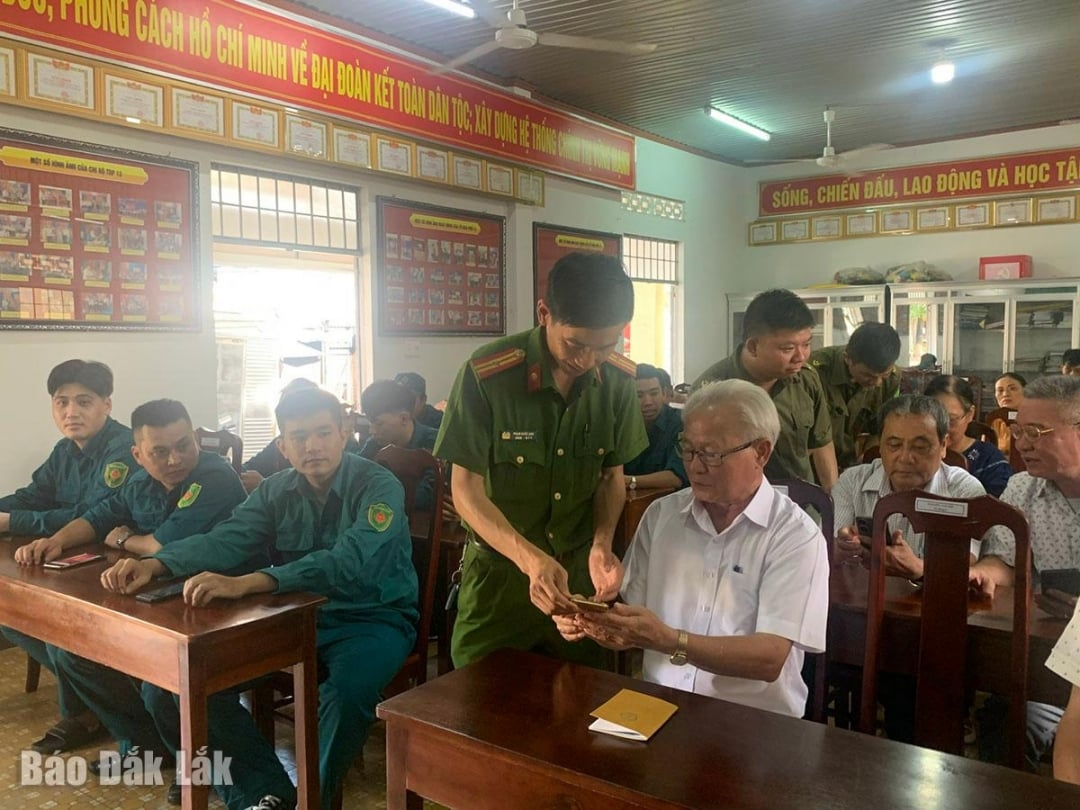 |
| Officers and soldiers of Buon Ma Thuot Ward Police instruct people to install the VNeID application on their phones. |
In order to ensure that no one is left behind in the digital transformation journey, in recent times, all levels, sectors, units and localities in the province have made efforts to promote, support, improve digital knowledge and skills, and ensure information security so that people can proactively exploit and use digital services.
As part of the group of utilities serving digital citizen development, VNeID electronic identification accounts are necessary utilities that people need to install. Up to now, the total number of level 2 electronic identification accounts issued in the whole province is 2,157,292 accounts, reaching 83.05%, of which level 2 has been activated with 2,045,508 accounts, reaching 78.75%. People in the province have also installed and used digital services to serve essential needs such as: healthcare, education, socio -politics , promoting cashless payments, participating in e-commerce platforms... to serve work and life.
According to the Dak Lak province's plan for digital economic and social development, the province aims to: "Towards developing each citizen into a digital citizen". This is a strategic and urgent goal, because to build an e-government or develop a digital economy and digital society, first of all, it is necessary to have digital citizens.
To realize this goal, Dak Lak focuses on building a synchronous digital citizen ecosystem. The province actively implements Project 06 on developing population data applications, electronic identification and authentication to serve national digital transformation in the period of 2022 - 2025, with a vision to 2030. Thereby forming an important source of population data, promoting utilities and effectively exploiting digital resources.
On the other hand, the connection and sharing of data between the province's information systems with the national database on population has also been promoted. The province is connecting and sharing data with national databases such as: national database on population, land, insurance, business registration. Applying the provincial data integration and sharing platform (LGSP) to connect with national systems and provide online public services. The health sector has initially deployed electronic health records and electronic medical records. The education sector has built an online student and teacher management system. The land database has been gradually digitized, supporting information transparency.
In particular, to help people deeply participate in the digital transformation process, Dak Lak province has created the "Dak Lak Number" application. This is considered a "social sensor" channel, allowing people to send feedback on the environment, security and order, urban infrastructure... to the government. Users can track the status of feedback processing, view planning maps, online services... The Dak Lak Number application is developed on multiple platforms such as: Android phones, tablets, iPhones, iPads and integrated with Zalo app, making it easy for people to access, especially the elderly who are familiar with Zalo. Thereby supporting people and local governments in interacting and solving problems related to social life, smart cities and online public services.
Mr. Bui Thanh Toan, Member of the Provincial Party Standing Committee, Director of the Department of Science and Technology, said that Dak Lak province has determined that digital transformation, especially the development of digital citizens, is an inevitable path for the province to shorten the development gap, improve competitiveness and service quality for people and businesses. This is not only a trend but also a golden opportunity for the province to break through and realize the aspiration for rapid, sustainable, civilized and unique development.
Source: https://baodaklak.vn/xa-hoi/202510/cong-dan-so-nen-tang-xay-dung-chinh-quyen-so-3f7188a/










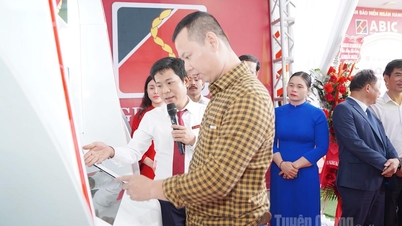







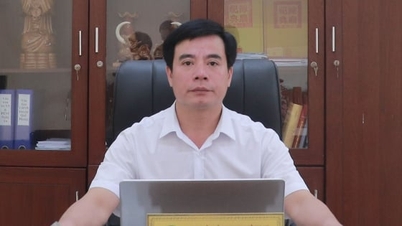

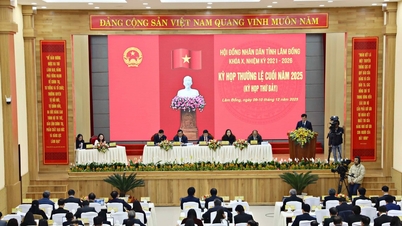

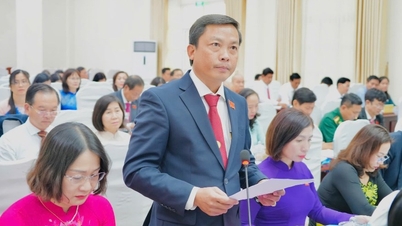

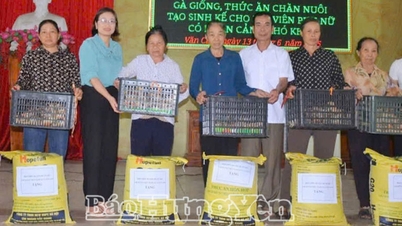

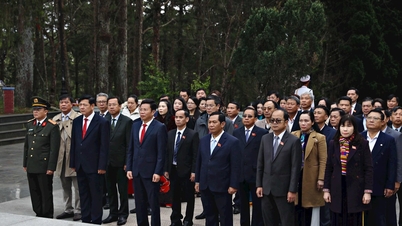
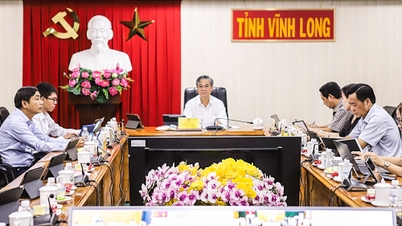

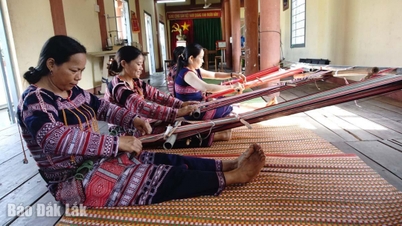




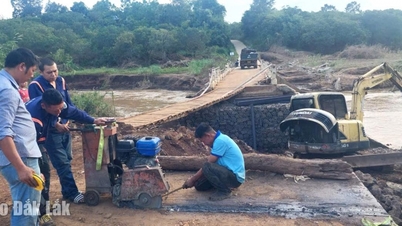
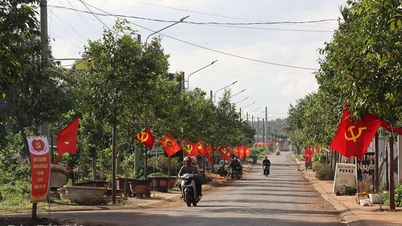
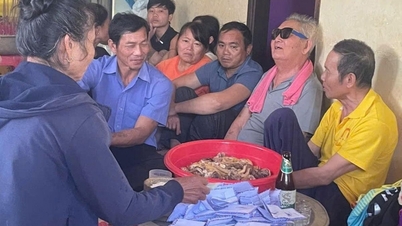
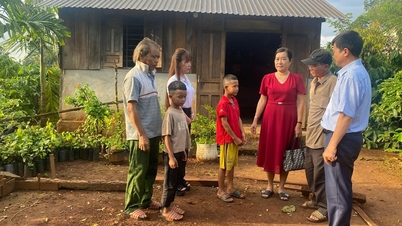

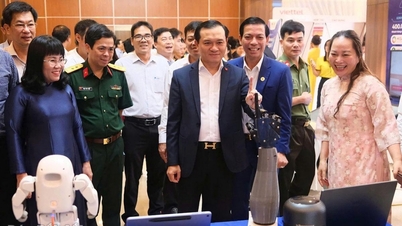

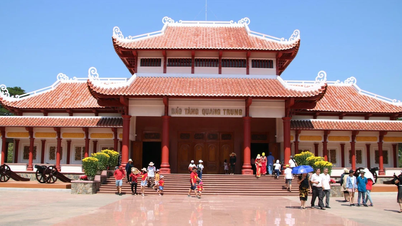

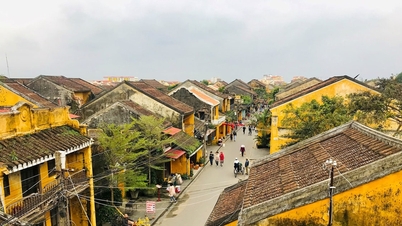
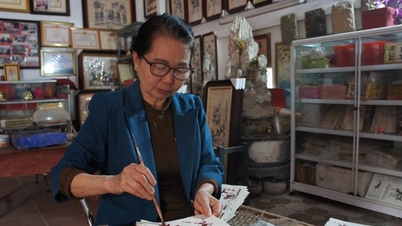

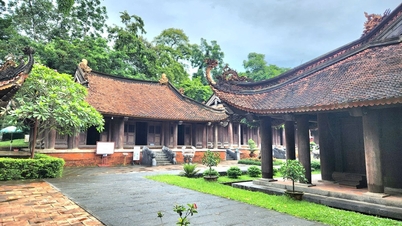

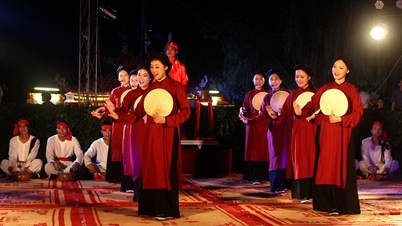










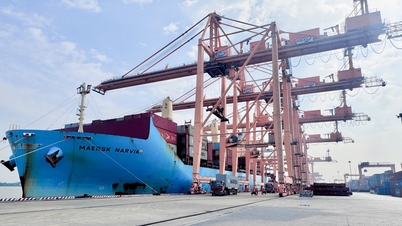
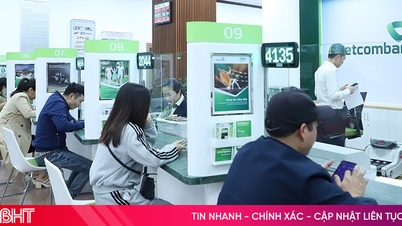

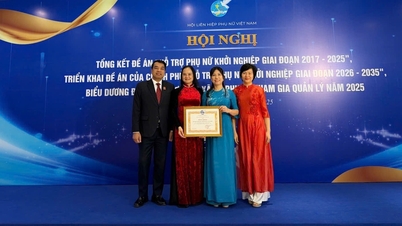
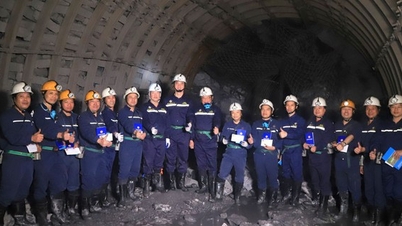















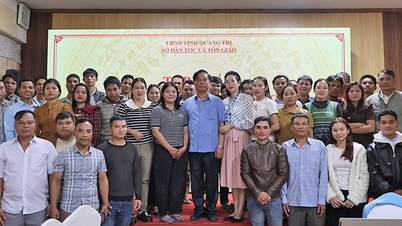

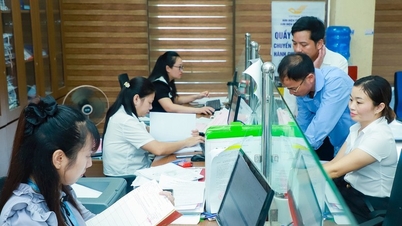




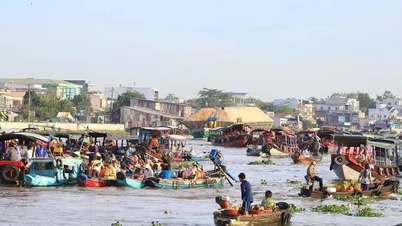

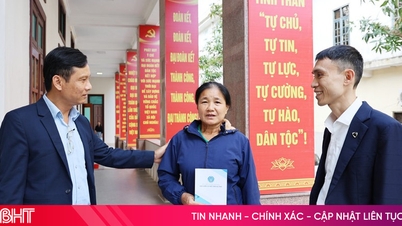
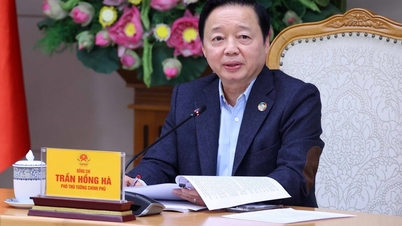

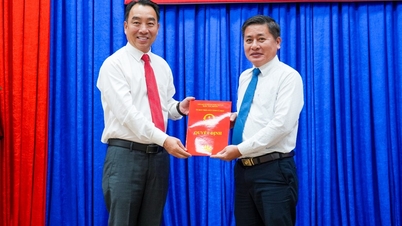
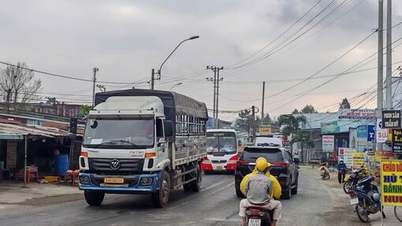

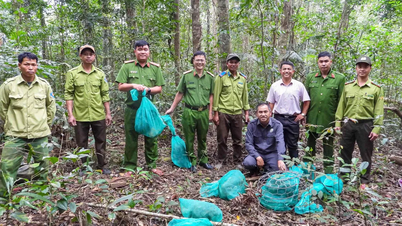











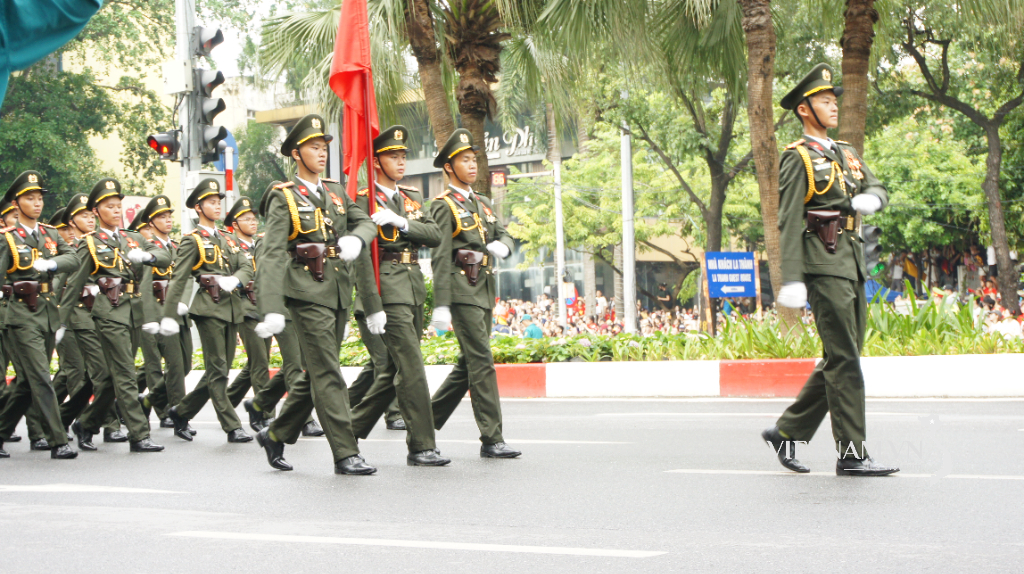






Comment (0)